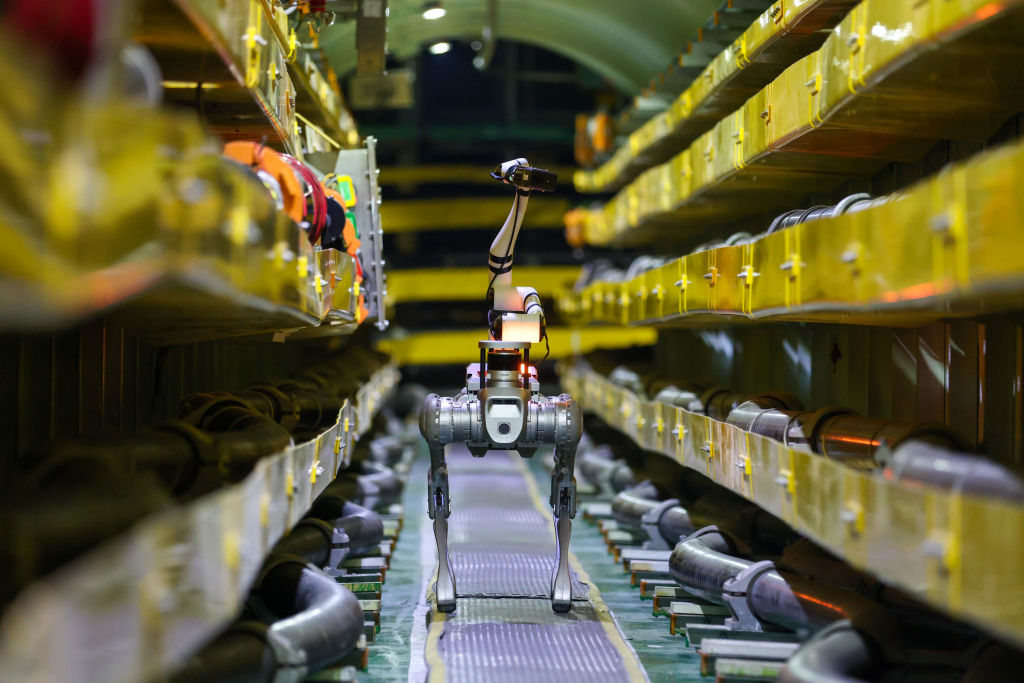From the smokestacks of the Industrial Revolution to today’s neural nets, technology has always been a double-edged sword that carries the promise of liberation for workers. But cashing in on that promise requires control over how technology is deployed.
Everybody’s talking about the artificial intelligence (AI) revolution. AI’s creeping omnipresence is undeniable: it’s infiltrating every gadget and platform — from our fridges (must they really be “intelligent”?) — to applications with more implications, like military uses and job automation. These alarmist narratives seem to reflect a widespread unease about AI’s impact — one that is warranted but also overshadows more optimistic discussions about the potential for productivity gains and increased leisure, if we get the dynamics of control right.
In what seems a striking acknowledgement of people’s right to be skeptical of AI, the billionaires who own and control the technology are talking about revising the social contract. Notably absent from these musings on how AI will rewire society is much discussion of human emancipation. The earlier predictions about how AI will serve as humanity’s all-purpose helper — in areas from medicine to green energy — have largely vanished. Over the past couple years, we’ve gone from the carrot of AI’s potential to the stick of a hardheaded transhumanist vision. Their recent musings essentially amount to a shrug and a warning: “We better hold on to our hats.” Still, despite the very real threats, there remains promise — if we are bold enough to seize it.
A New Social Contract? Written by Whom?
Last week, when OpenAI CEO Sam Altman repeated his belief that AI will usher in such changes that states…
Auteur: David Moscrop

